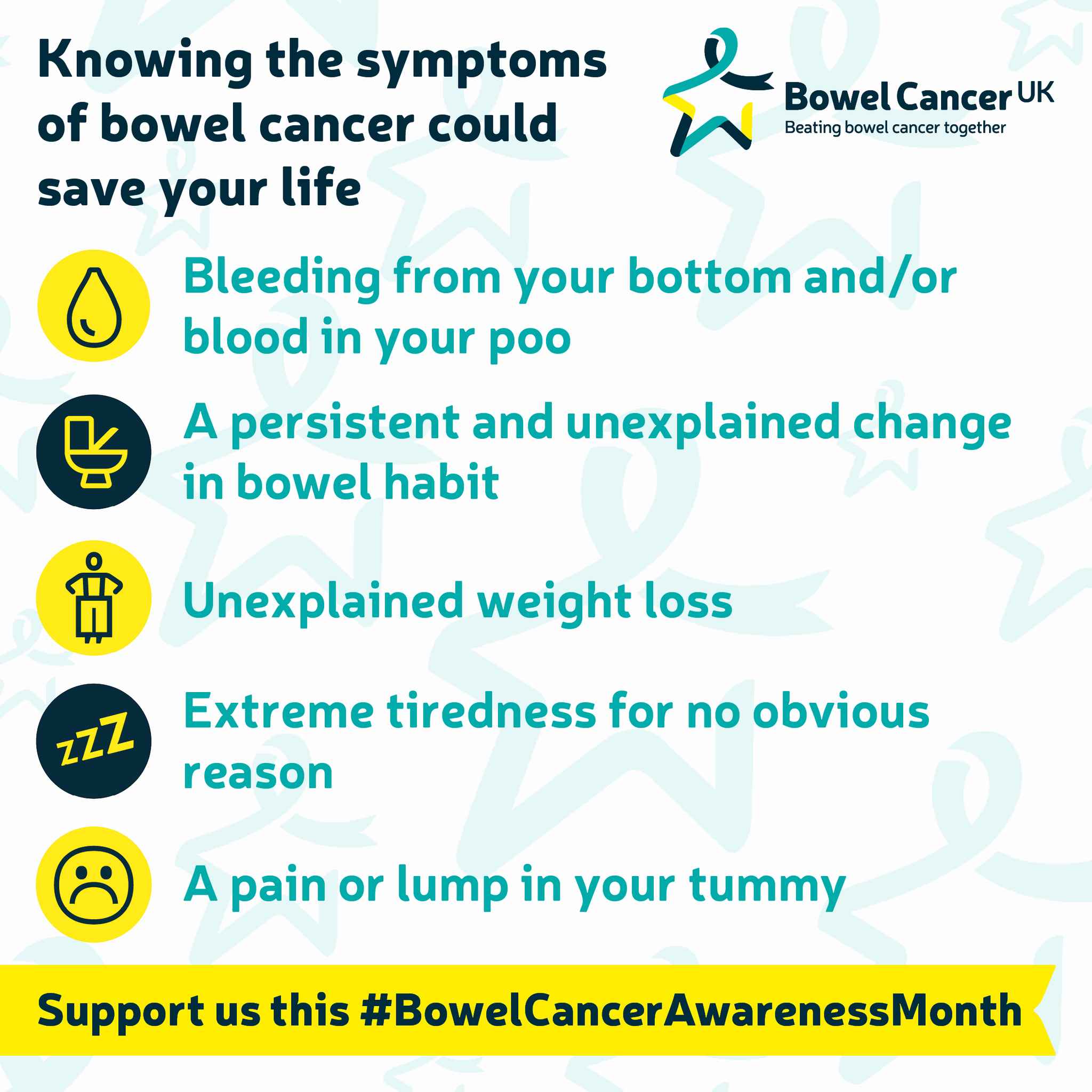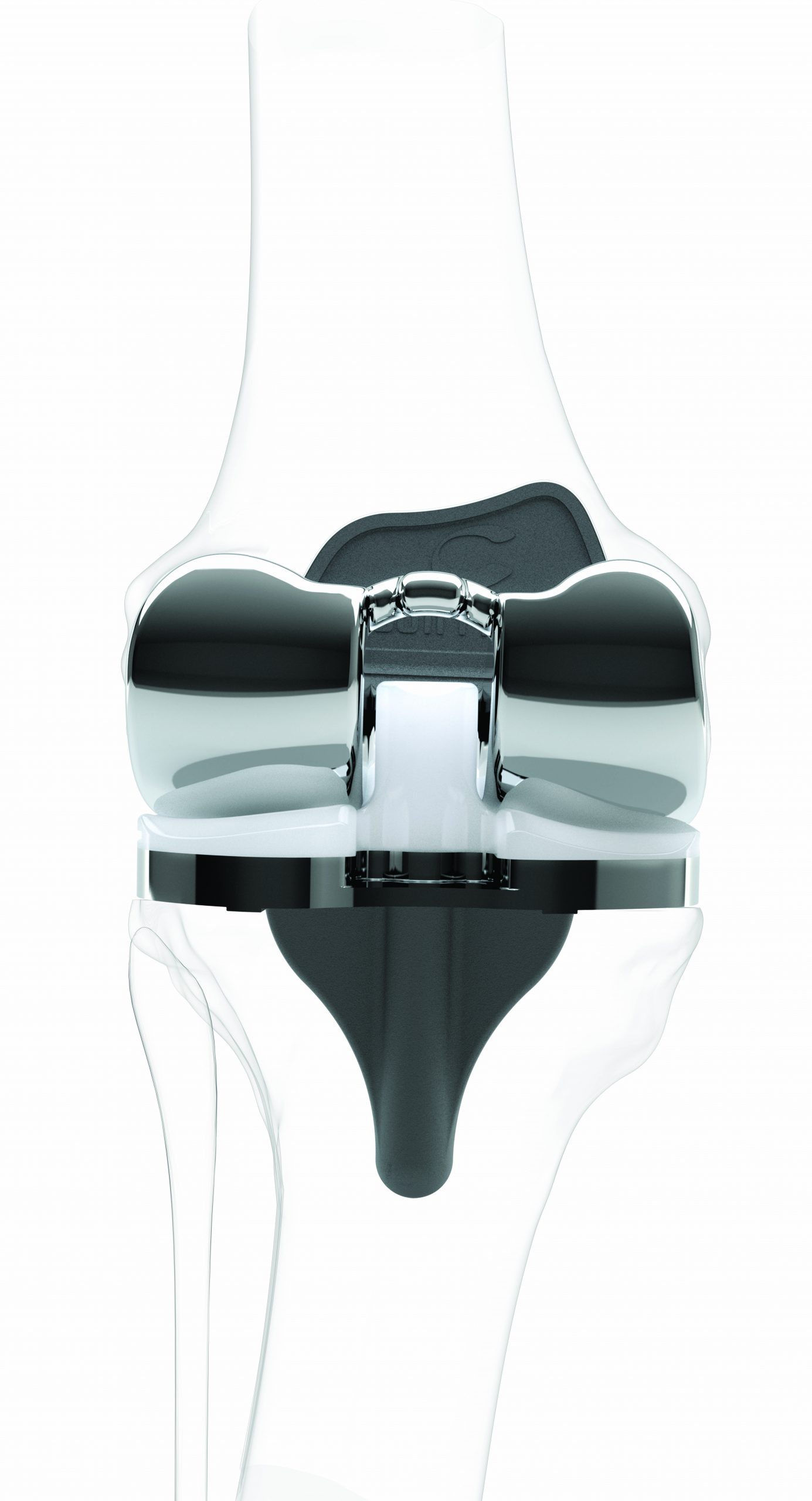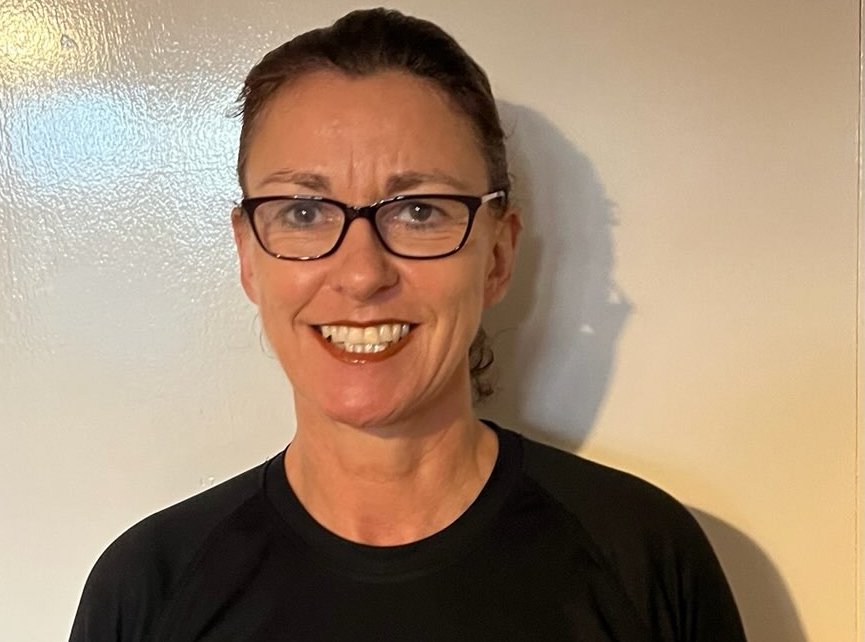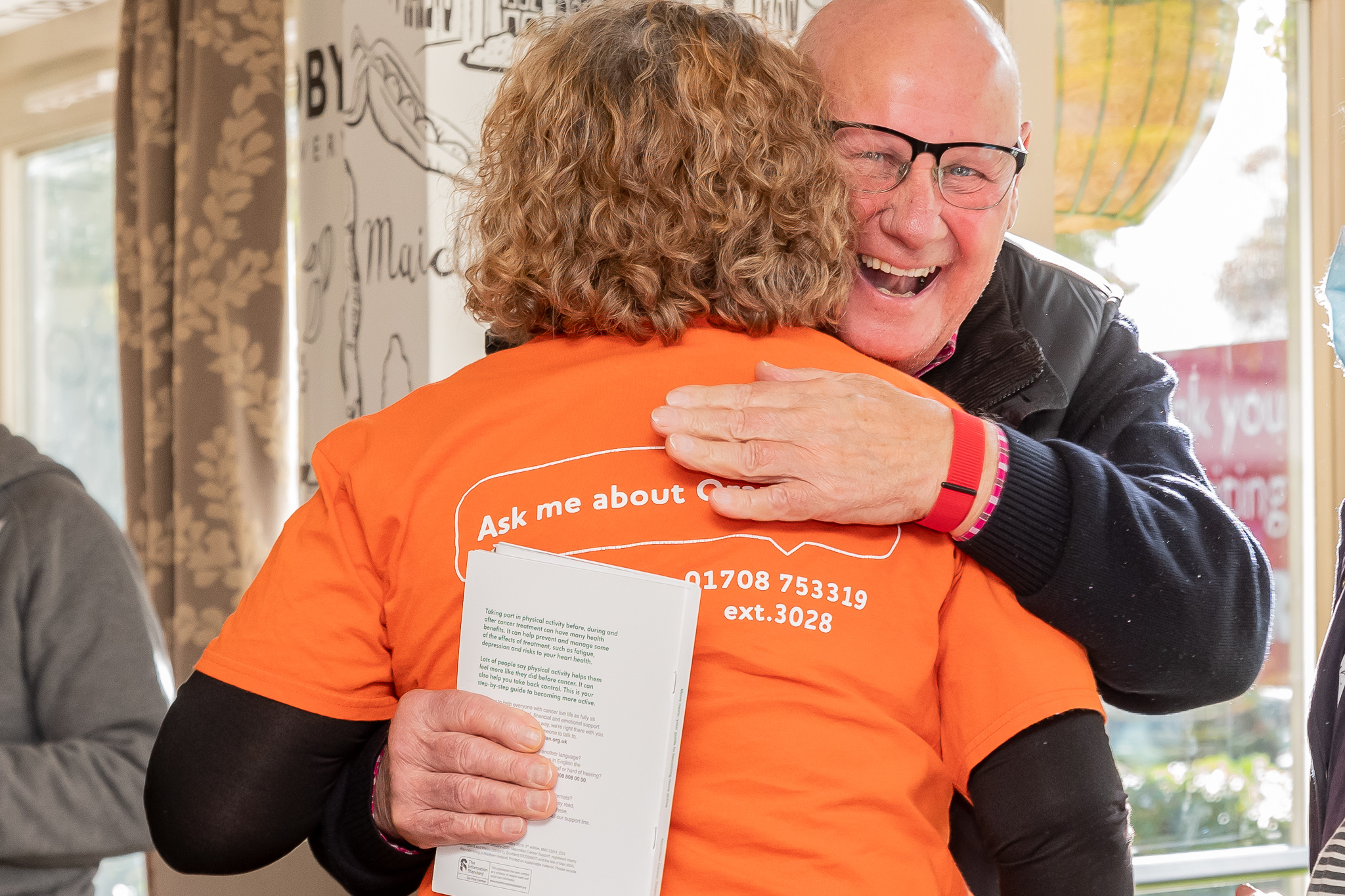Bowel cancer
Your bowels are made up of two sections – the small and the large bowel (or colon). If cells begin to develop and multiply abnormally in your bowel, they can become cancerous.
What is bowel cancer?
Bowel cancer, or colorectal cancer, is a cancer that starts in the large bowel (colon or rectum).
Your bowel may develop a polyp, which is an abnormal overgrowth of the lining of the bowel, over time this can progress to a bowel cancer. Screening to detect these pre-cancerous growths is vital. Not only does this provide the opportunity for removal of the polyps before they become cancerous, but it enables patients to start a surveillance programme that could help prevent problems in the future.
This is usually relatively slow, taking on average 5-7 years.
How common is bowel cancer?
Bowel cancer affects over 40,000 people per year in the UK and is the 4th most common cancer.
Who is at risk for bowel cancer?
Approximately 1 in 15 men and 1 in 18 women will be diagnosed with bowel cancer in their lifetime.
There are a number of signifiers that can increase your risk, these include:
-
age – almost 9 in 10 cases occur in people aged 60 and over
-
eating – a diet that is high in processed meat and low in vegetable fibre
-
weight – bowel cancer is more common in those who are overweight or obese
-
inactivity – being inactive with little exercise
-
family history – having a close relative with bowel cancer under the age of 50, or several relatives having bowel cancer, may put you at a greater risk of developing the condition.
What causes bowel cancer?
There are a number of lifestyle factors that are associated with bowel cancer.
These include:
-
smoking
-
being overweight or obese
-
physical inactivity
-
regular consumption of processed meats.
Changes to these lifestyle factors can reduce your risk of developing bowel cancer.
What are the symptoms of bowel cancer?
The symptoms of bowel cancer can sometimes be quite subtle and often ignored.
Symptoms of bowel cancer include:
-
a change in bowel habit – either consistency or frequency
-
blood in your stool or bleeding from your rectum
-
tiredness
-
unexplained weight loss
-
persistent pain in your abdomen
-
vomiting
-
feeling bloated
-
a lump in your abdomen.
These symptoms may indicate another condition. It’s a good idea to get checked – caught early bowel cancer can be successfully treated.
How is bowel cancer diagnosed?
The investigations required to check your colon and rectum typically involve passing a flexible camera through the bottom and around the colon to check the lining of the bowel.
A flexible sigmoidoscopy checks the lower part of the bowel and will involve using an enema to clear the rectum of stool.
A colonoscopy looks at the whole of the large bowel. In this case some powerful laxatives called ‘bowel preparation’ have to be taken the day before the procedure.
Both procedures are conducted as a day case and your surgeon will be able to tell you the results on the same day.
What is bowel cancer screening?
The bowel cancer screening programme is delivered by the NHS. In England if you are aged between 60 and 74 you will be invited to submit a stool sample every two years.
A kit will be sent to you called a faecal immunochemical test (FIT); this measures any microscopic levels of blood that may be present in the stool.
Depending on the level recorded you may be invited to attend a screening centre for a colonoscopy.
Does early diagnosis matter?
Early diagnosis of bowel cancer significantly improves your chances of survival. The earlier we can find the cancer the easier and more successful treatment can be. Sometimes we can treat it without the need for surgery.
If bowel cancer is found at its early stages, the five-year curable/survival rate is over 90%.
One of the benefits of colonoscopy is it allows us to identify polyps and remove them before they become malignant.
What treatment options are there?
Bowel cancer is treatable and curable, particularly if detected at an early stage.
Typically, surgery will be required to remove a portion of your colon and re-join the two ends in order to restore continuity. The type of surgery undertaken will depend on the location of the tumour.
Following surgery, a proportion of patients may require some chemotherapy to further improve their survival.
Who should I speak to if I’m concerned?
While it’s not an easy subject to talk about, don’t be embarrassed and do discuss any symptoms or family history with your GP who can refer you for further investigation and consideration for genetics advice.
Referral may involve routine tests such as a colonoscopy or possibly a CT scan, which can put your mind at ease if results are normal, or help you gain a professional diagnosis and prompt treatment.
Contact Nuffield Health Brentwood Hospital
Colorectal screening, Brentwood | Nuffield Health
At Nuffield Health Brentwood Hospital our expert General Consultant Surgeons specialise in colorectal surgery and can provide you with a treatment plan which is individually personalised to you, and the severity of your condition.
For any enquiries, to book an initial consultation or to request more information, please contact our dedicated hospital enquiry team at Nuffield Health Brentwood Hospital on 01277 886 702. Website: Brentwood Hospital, Private Hospital in Essex | Nuffield Health



































